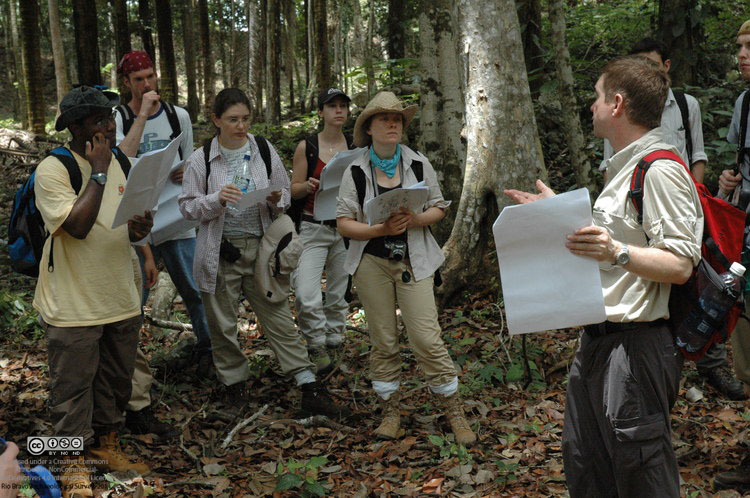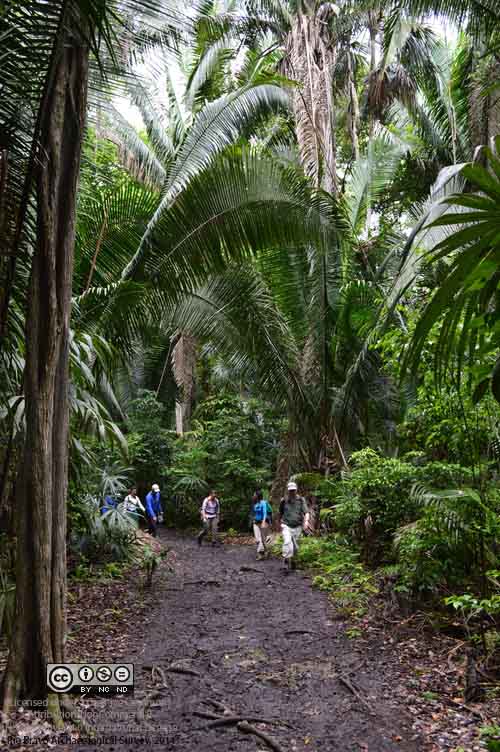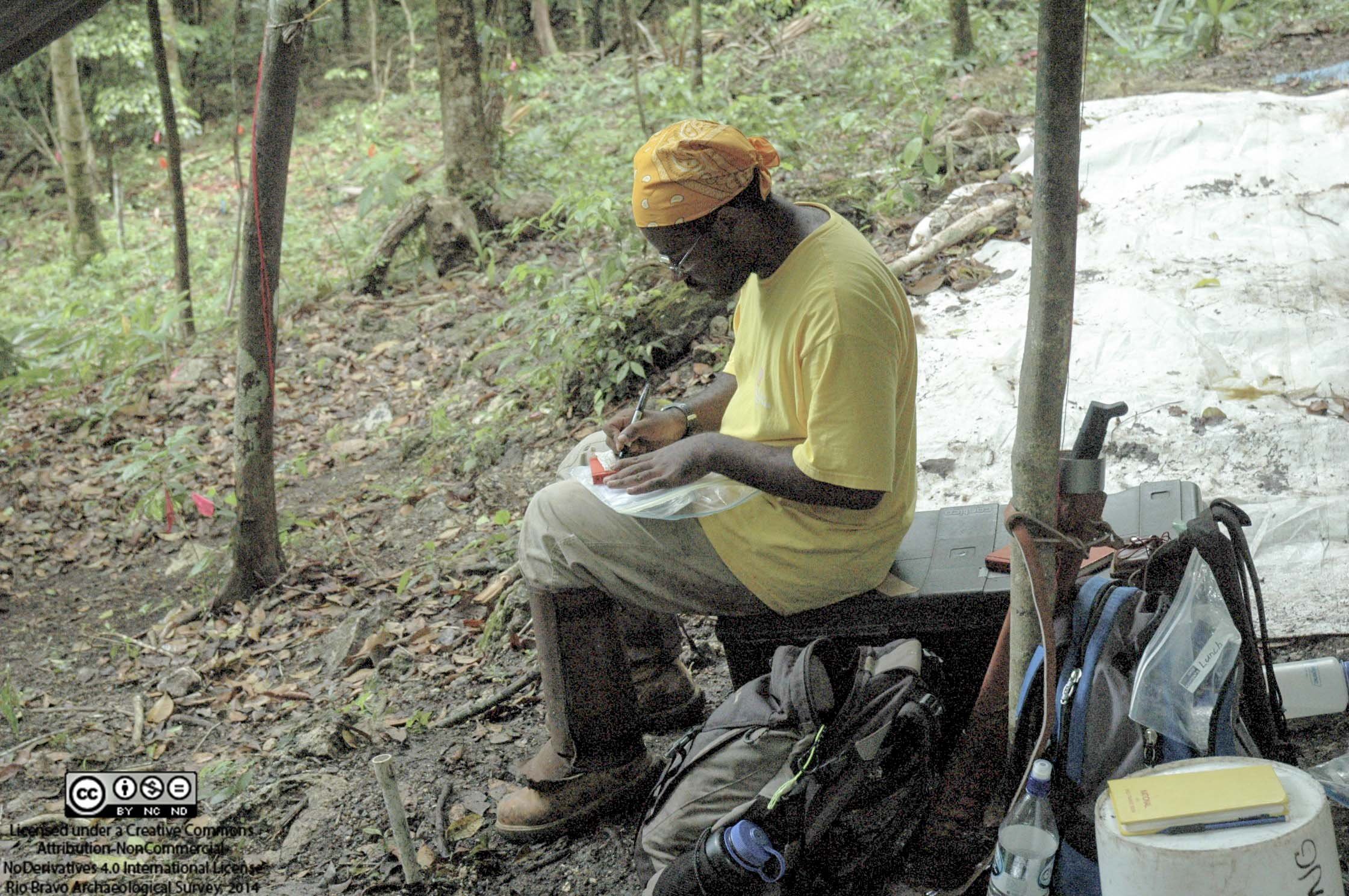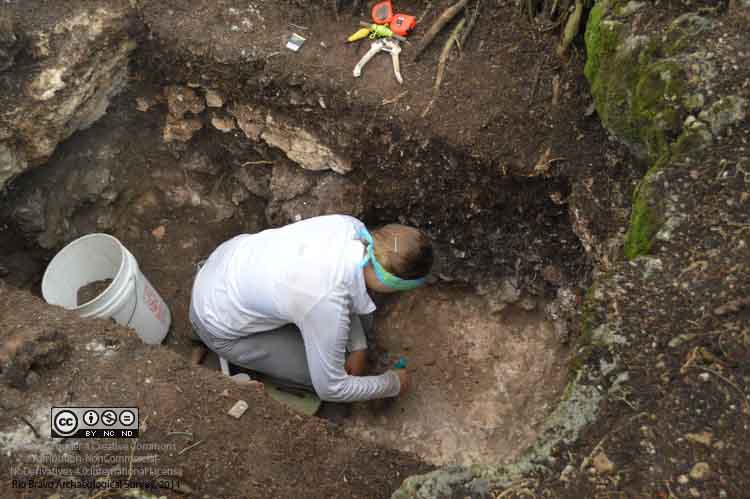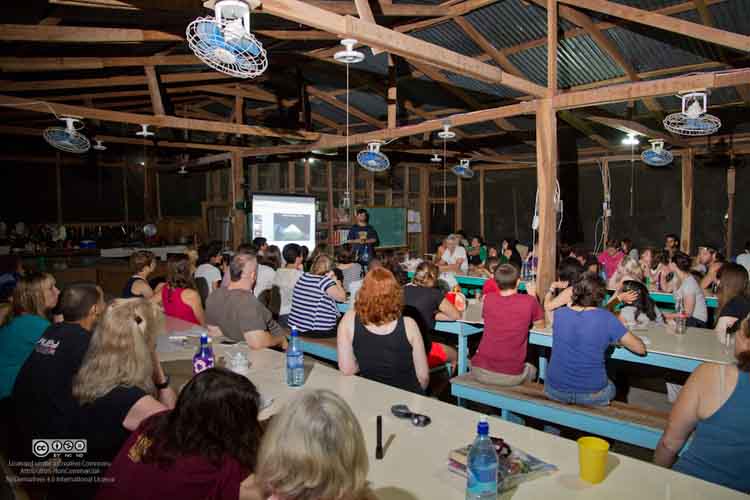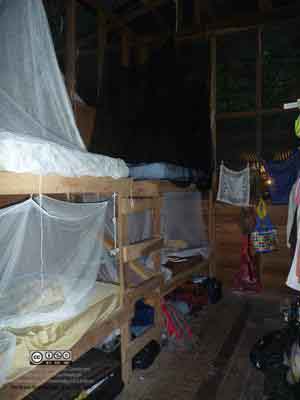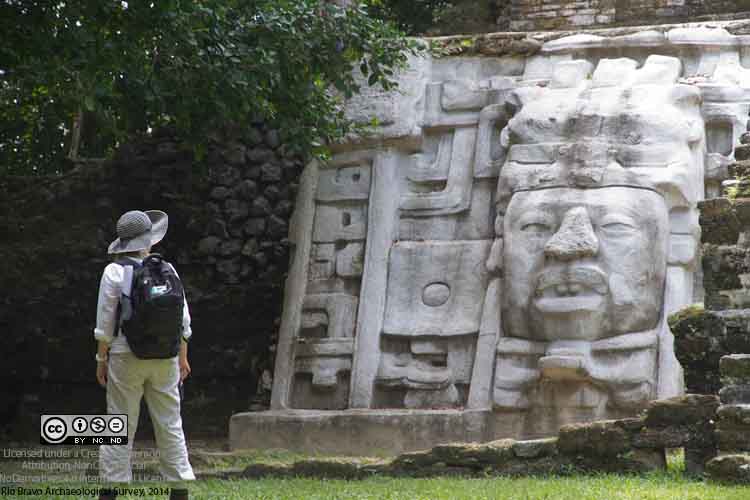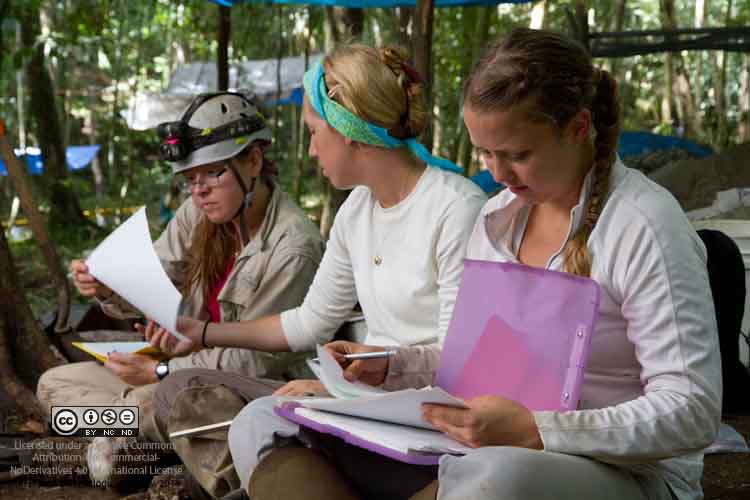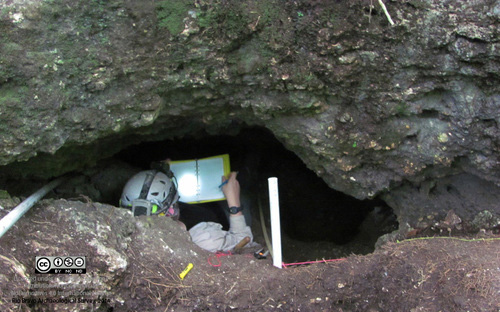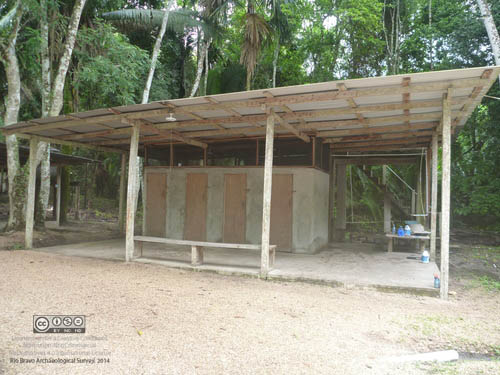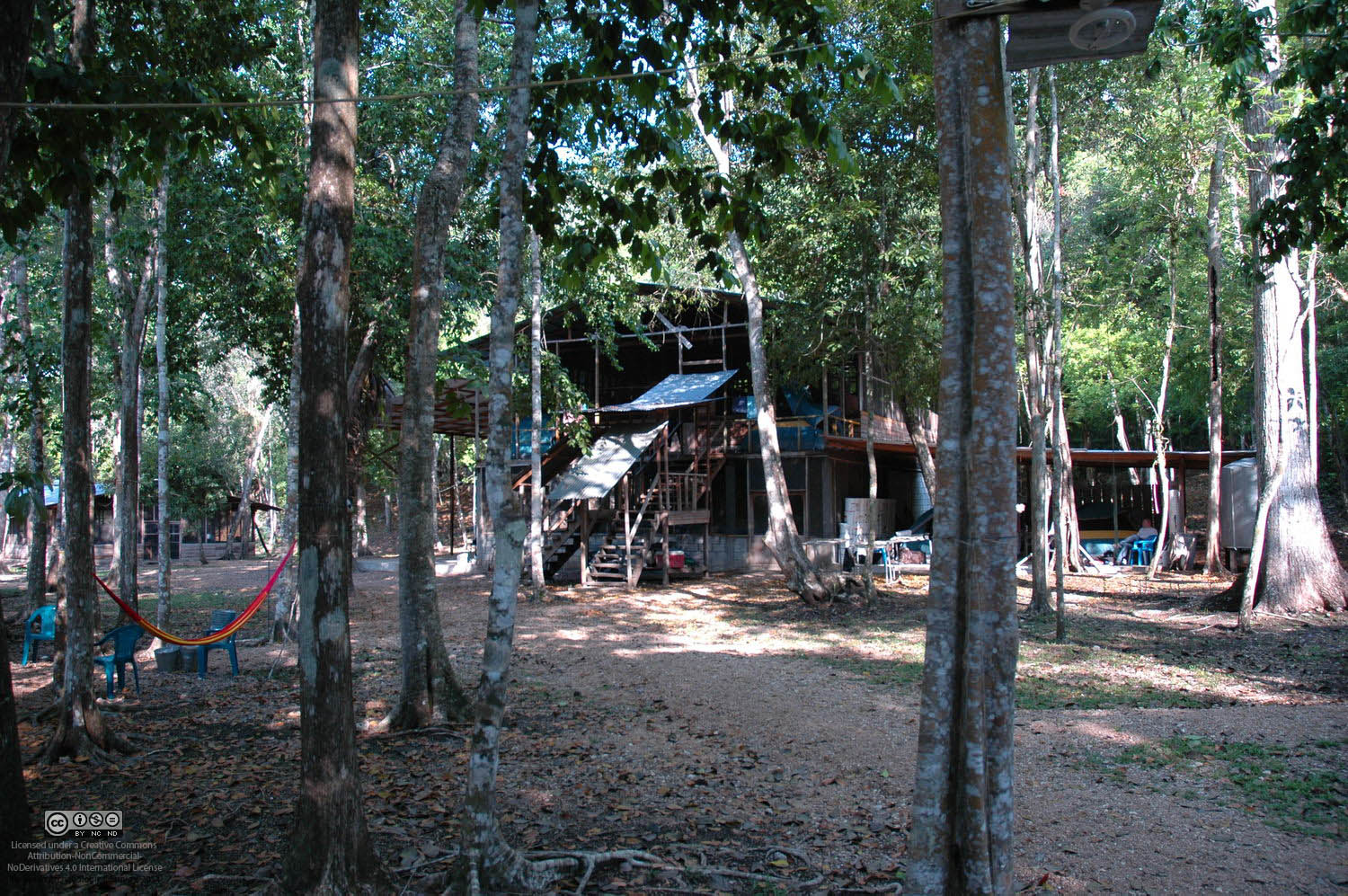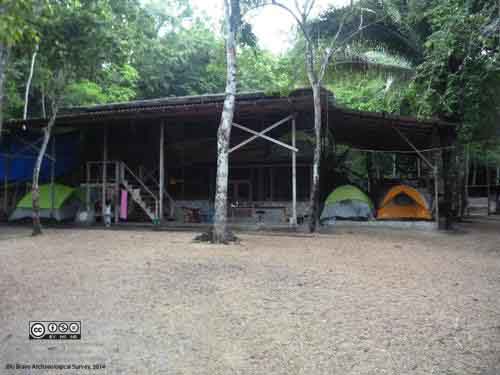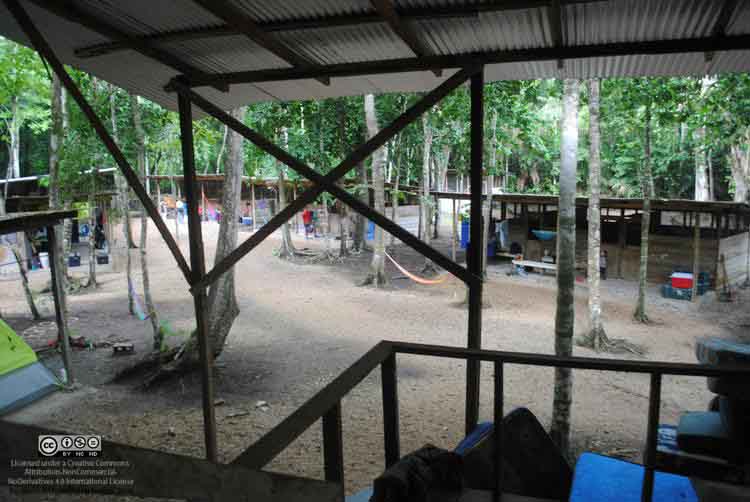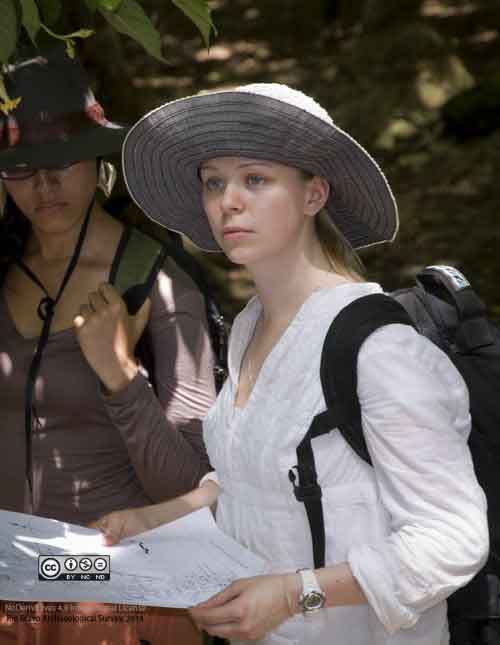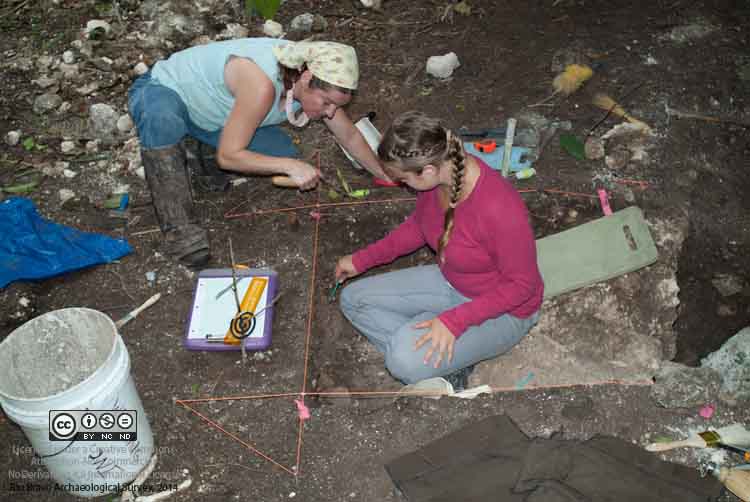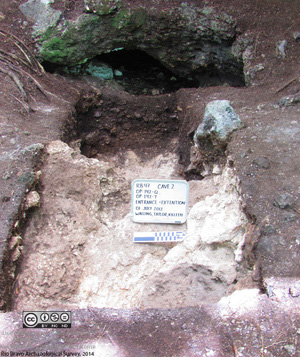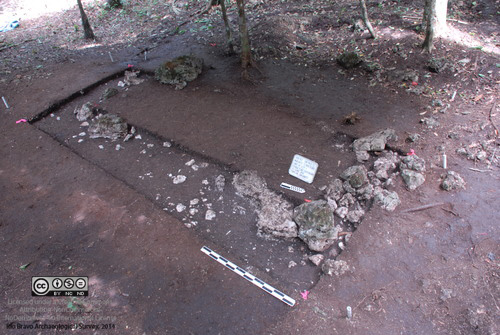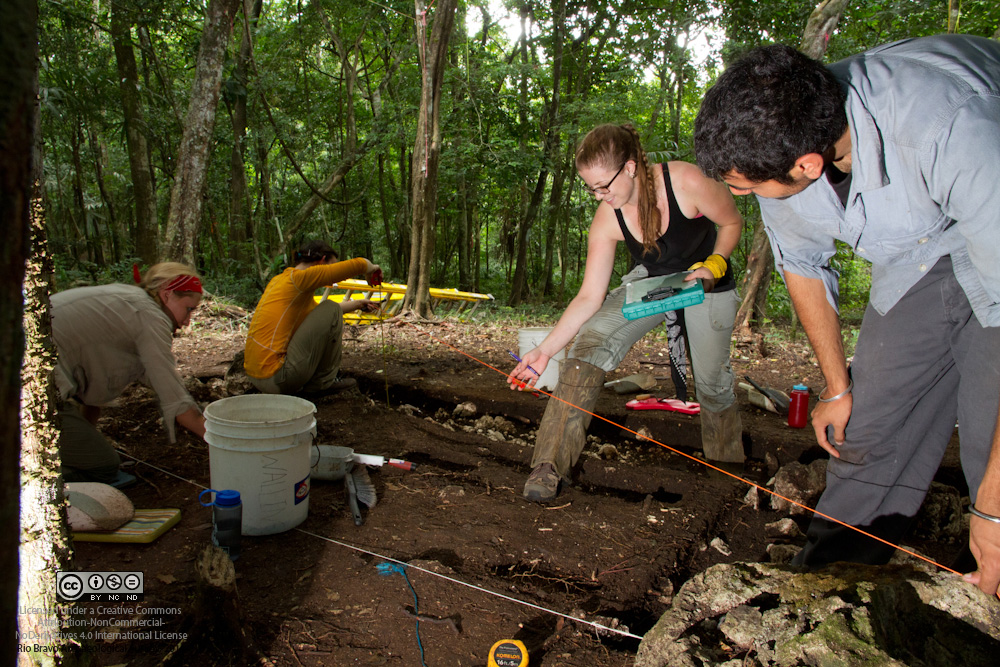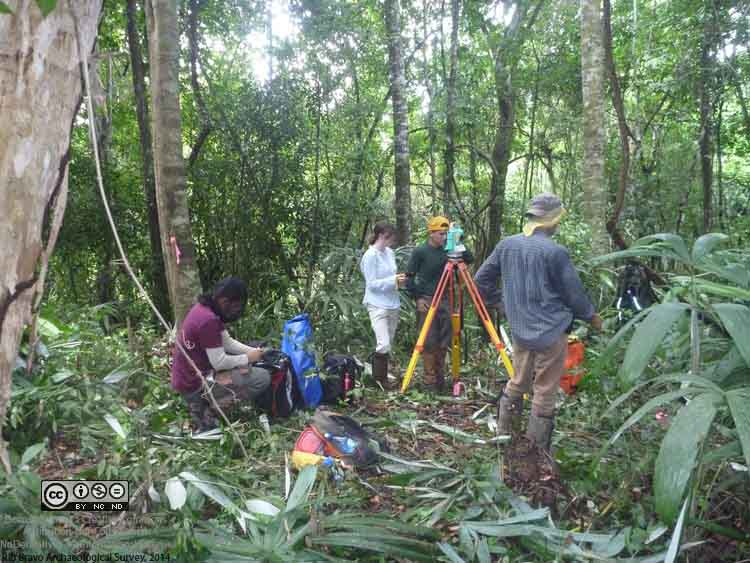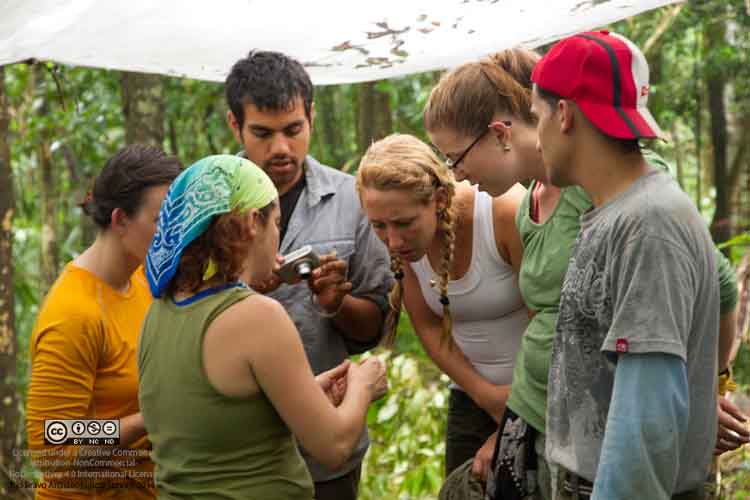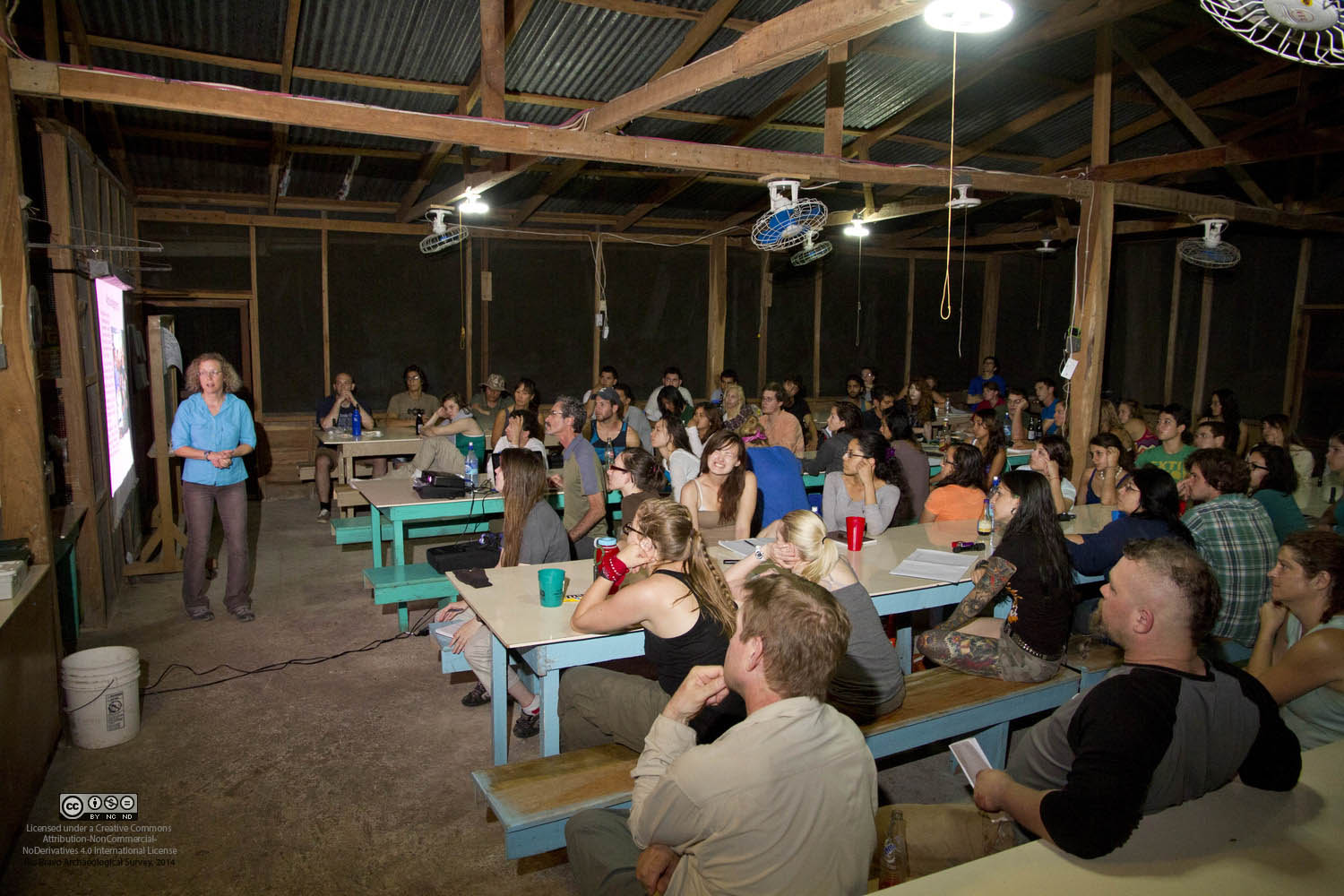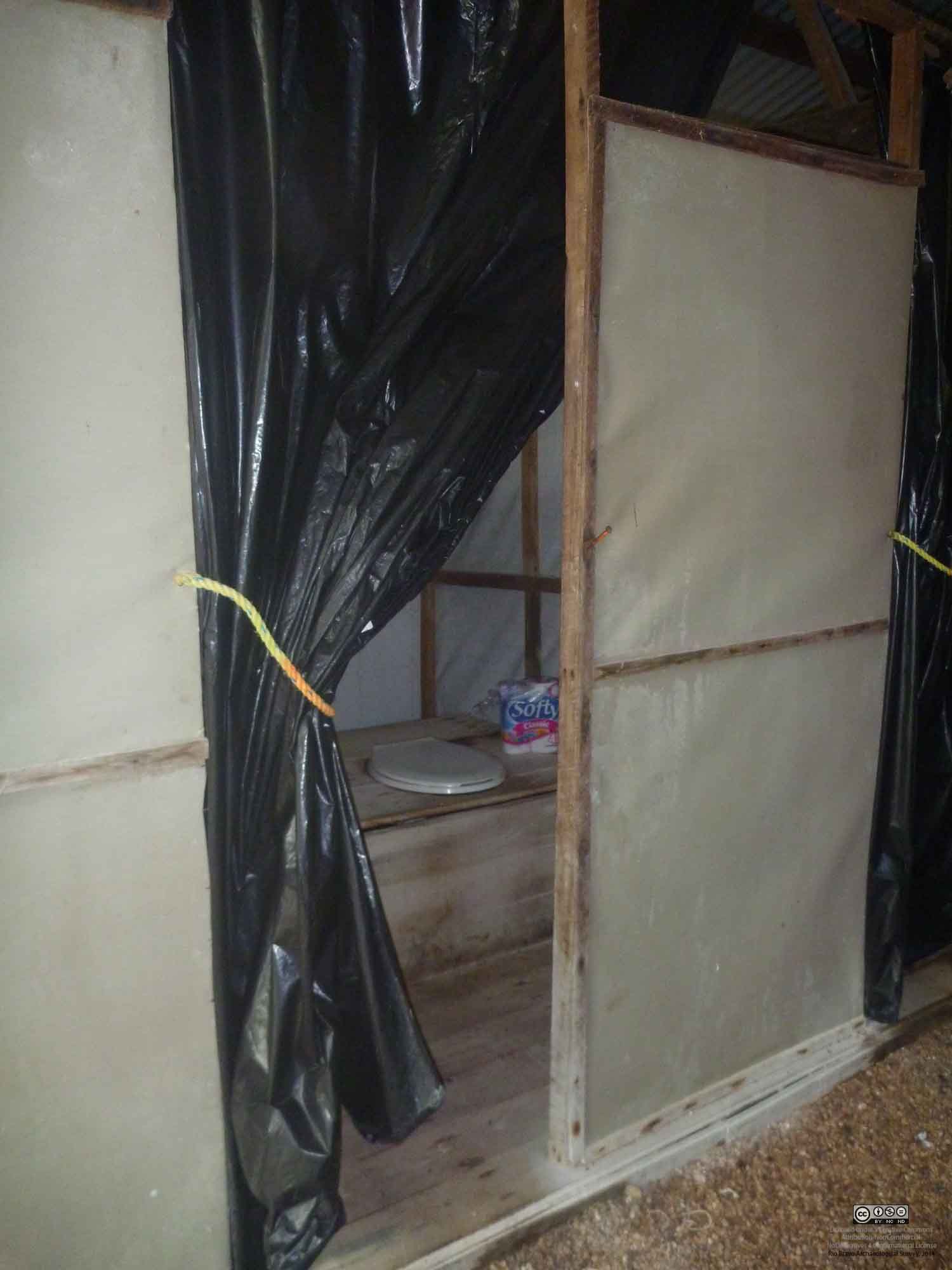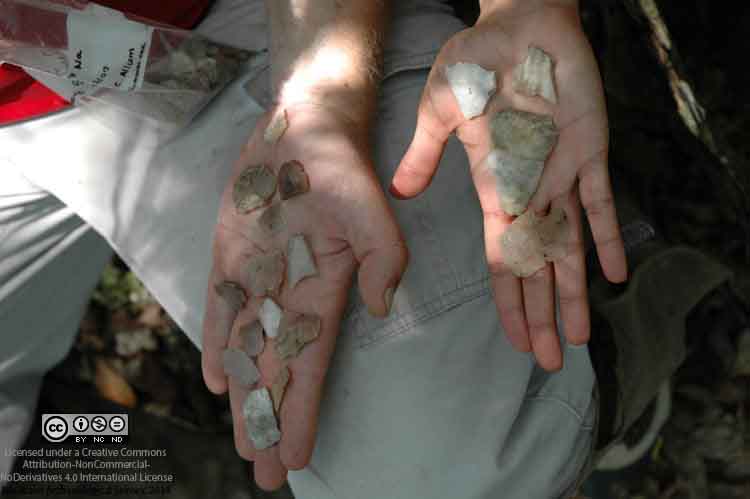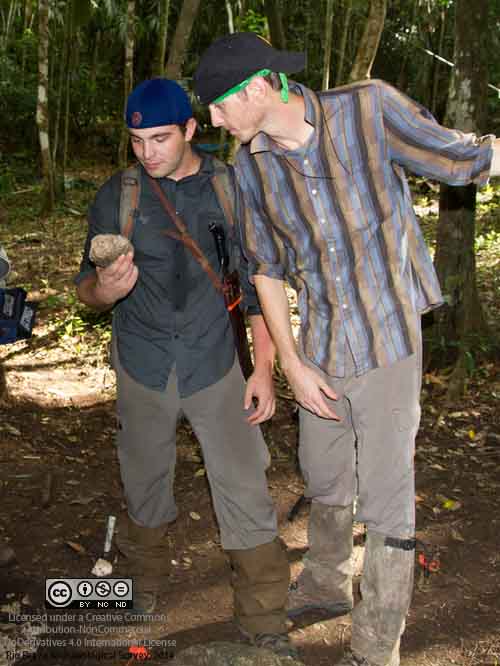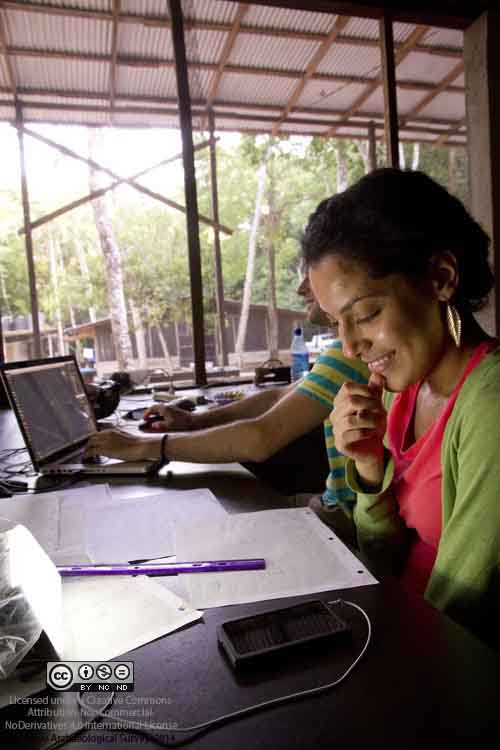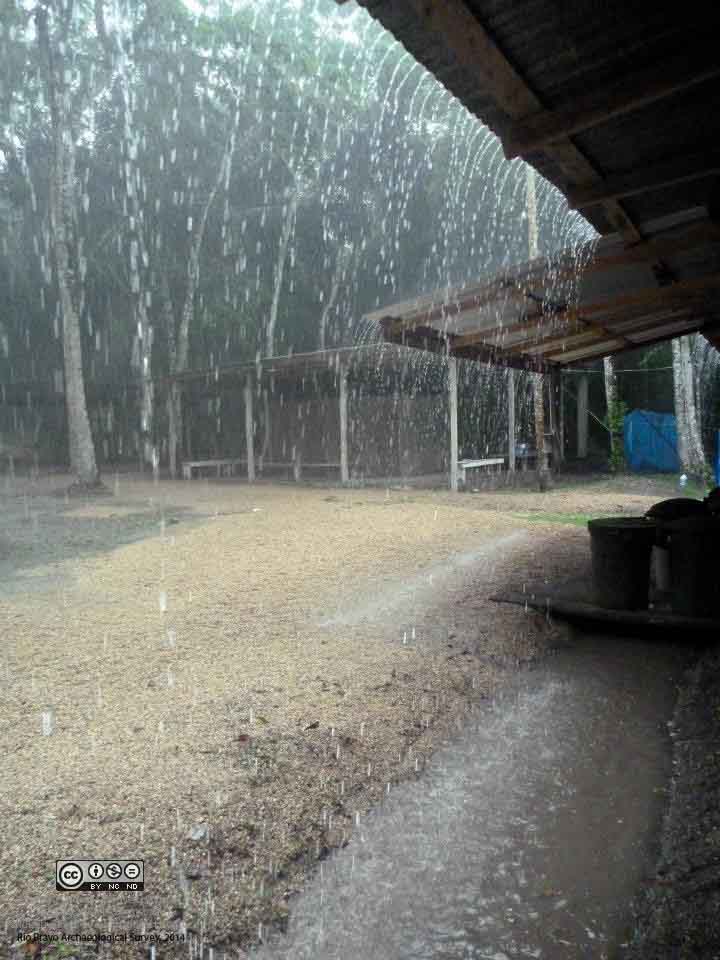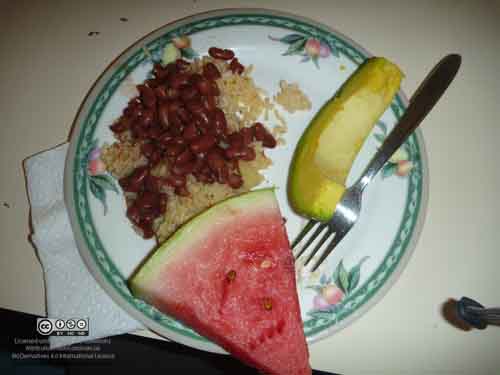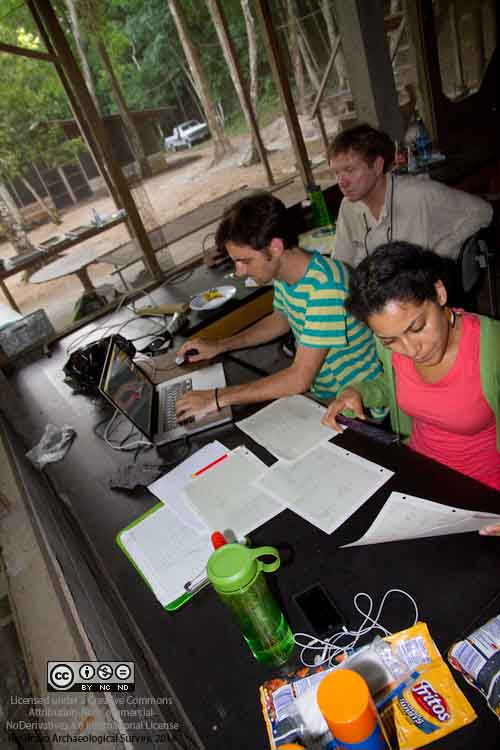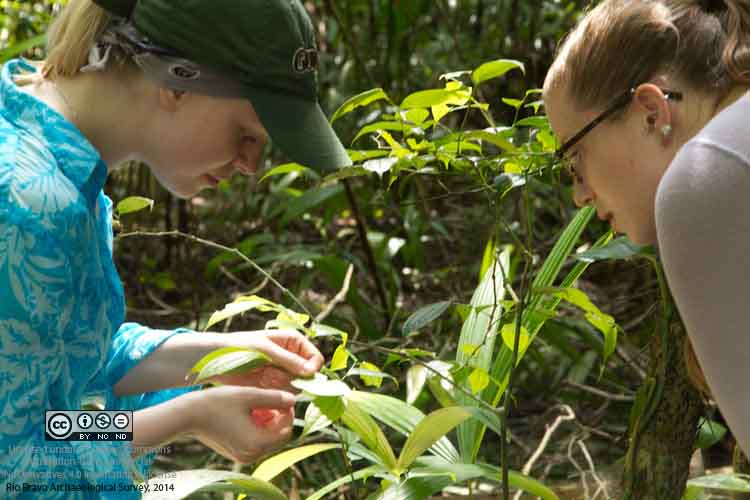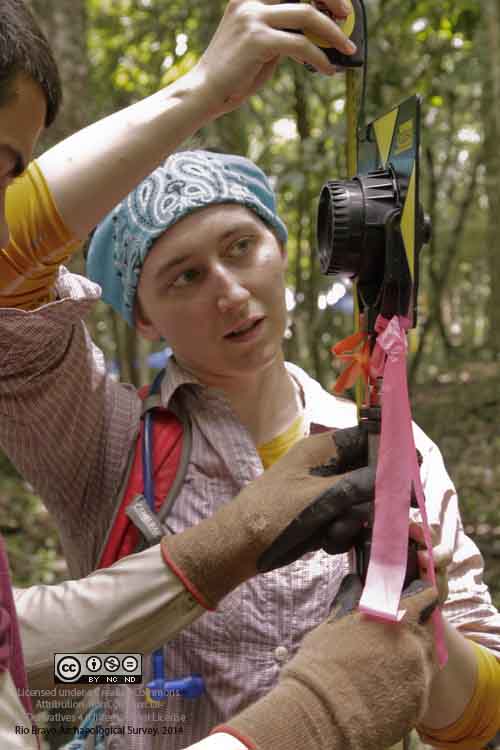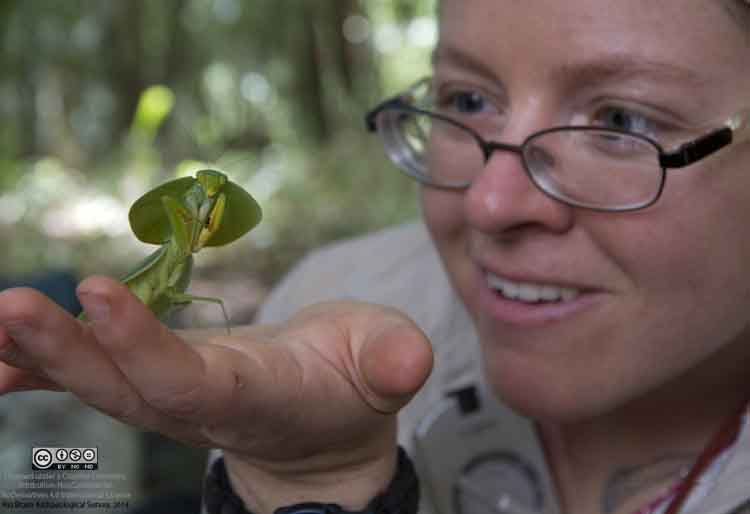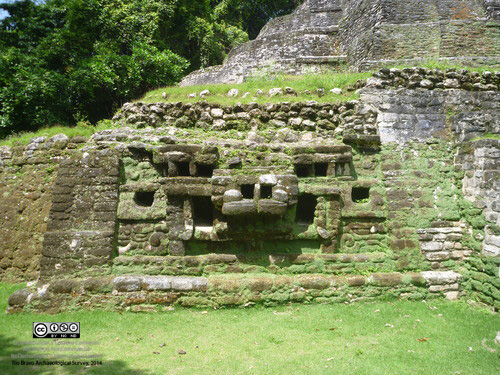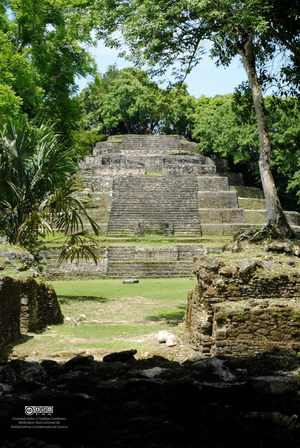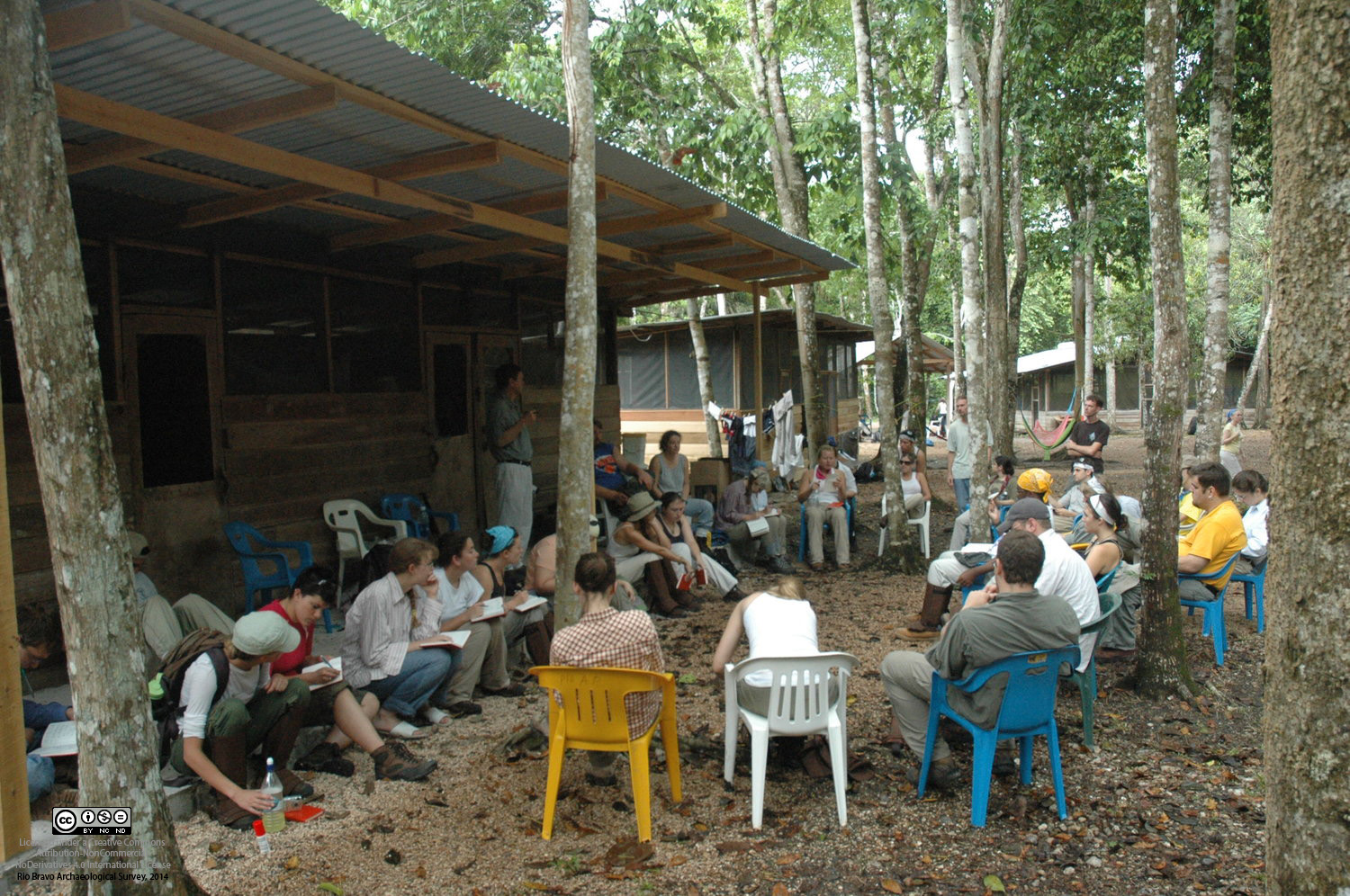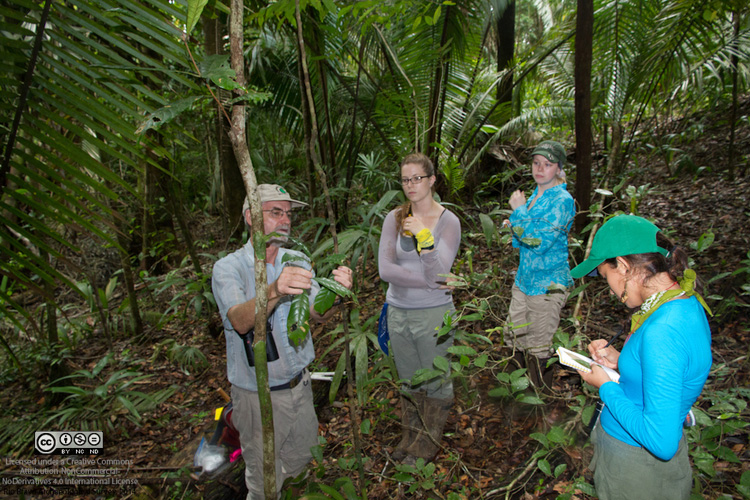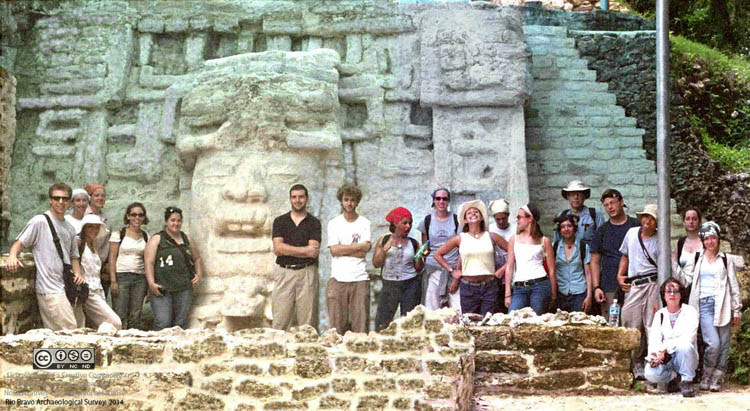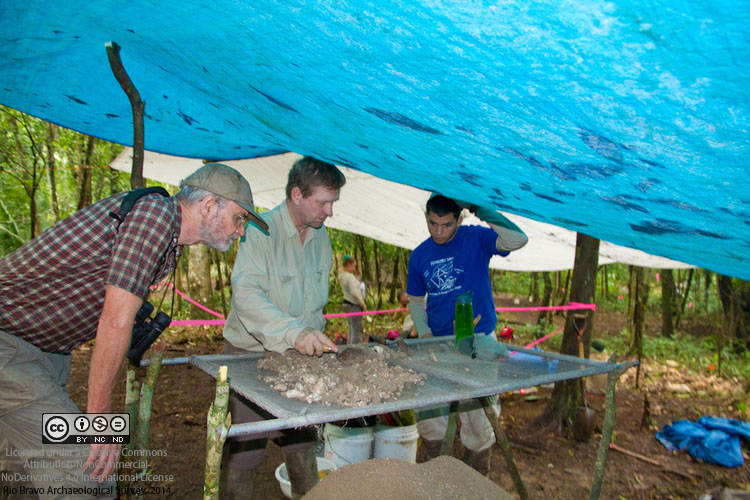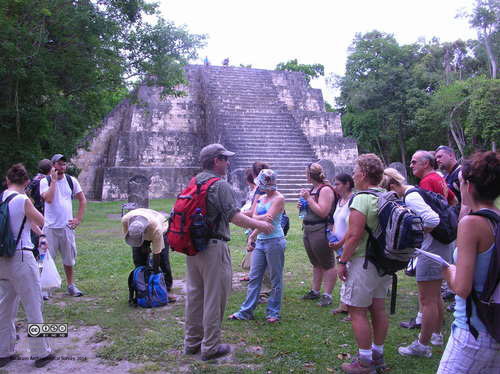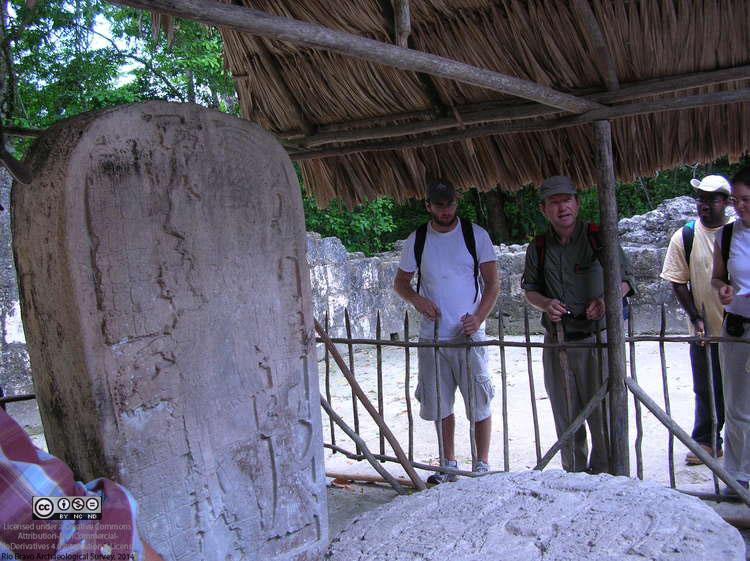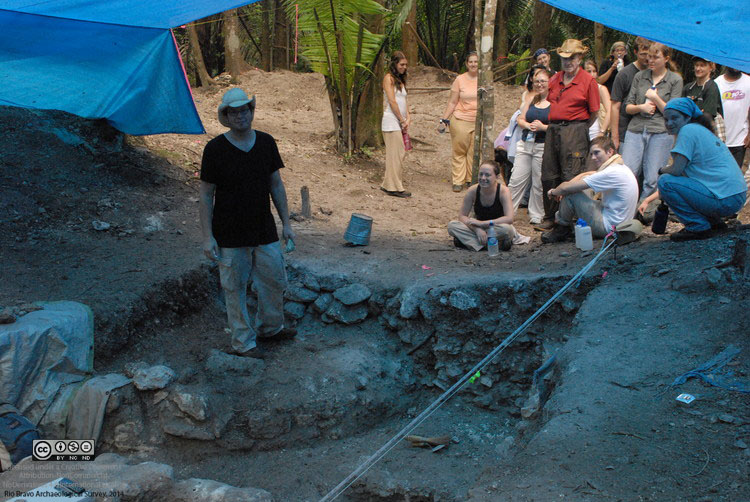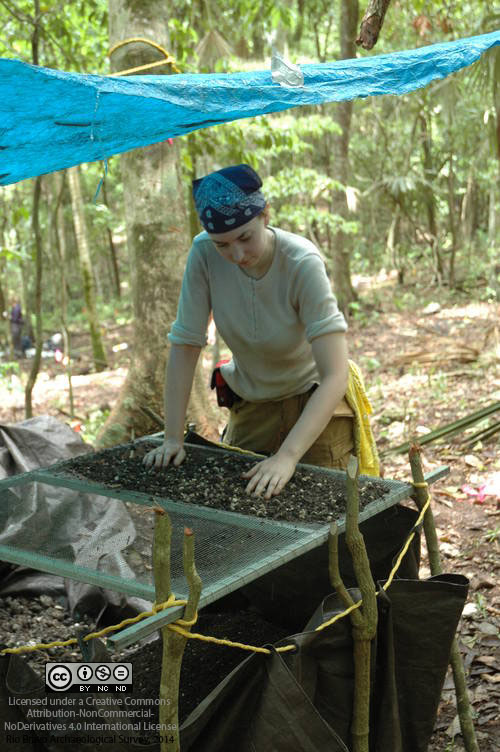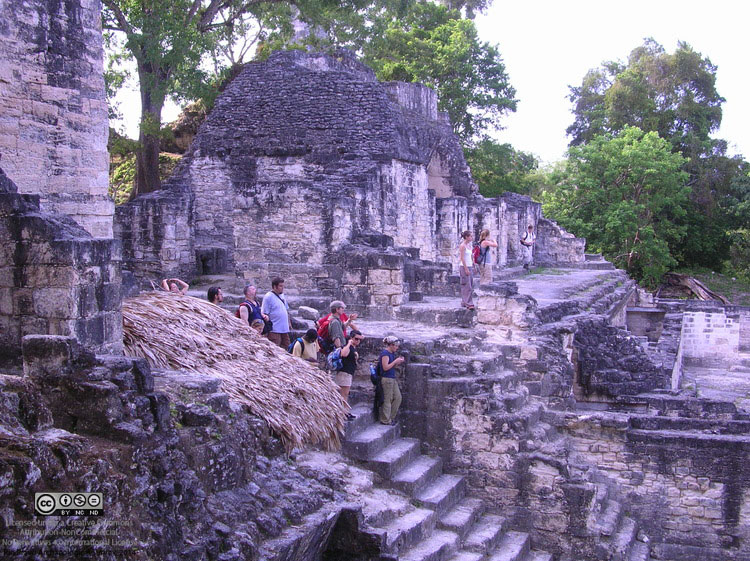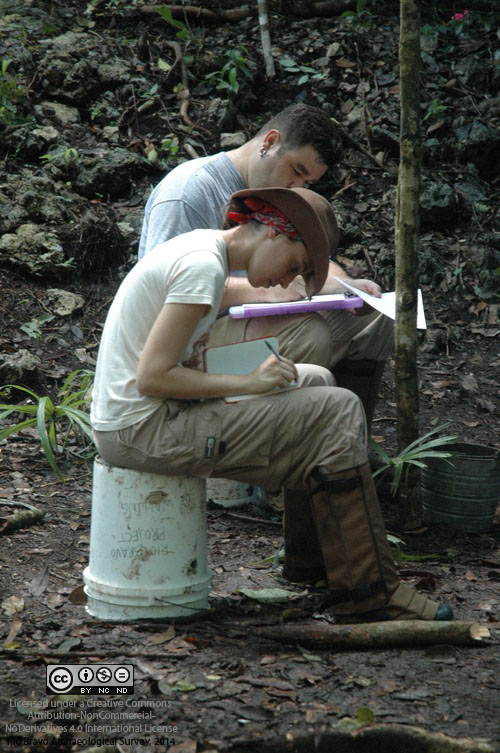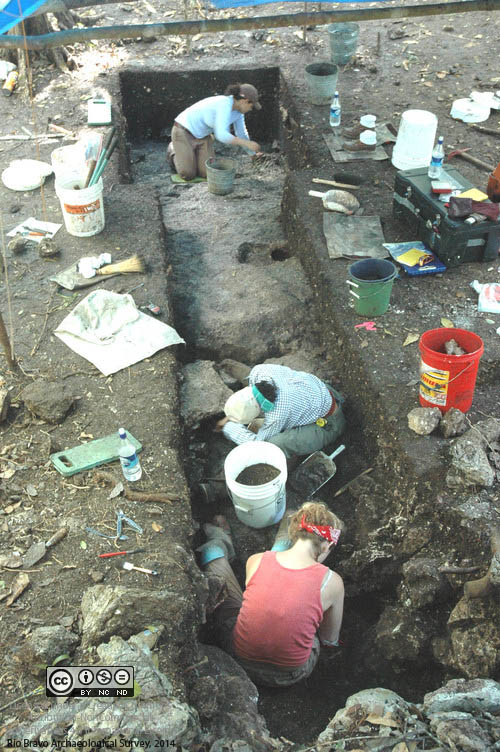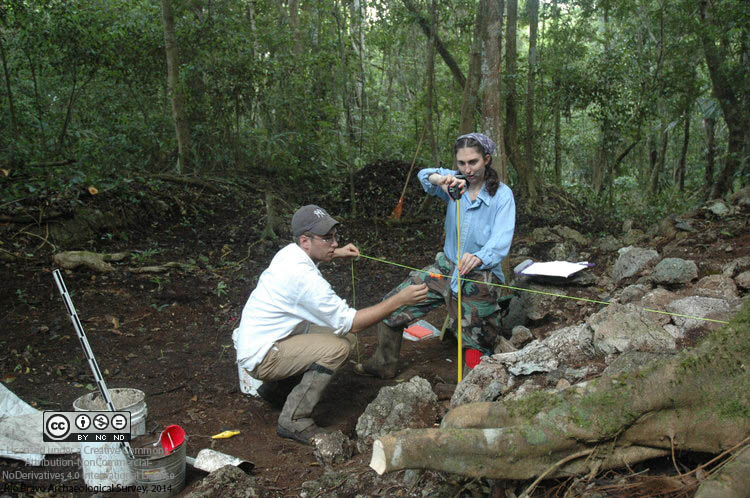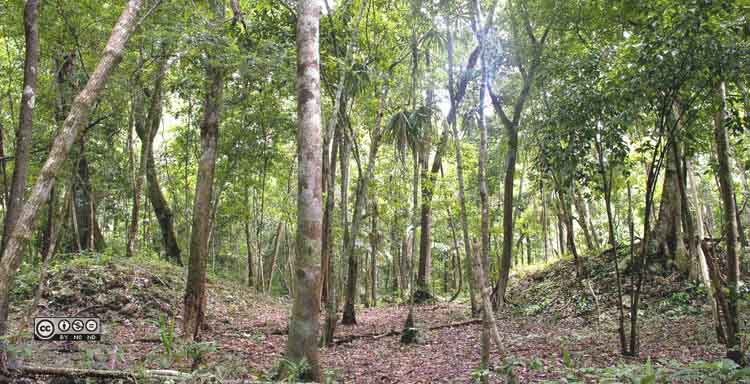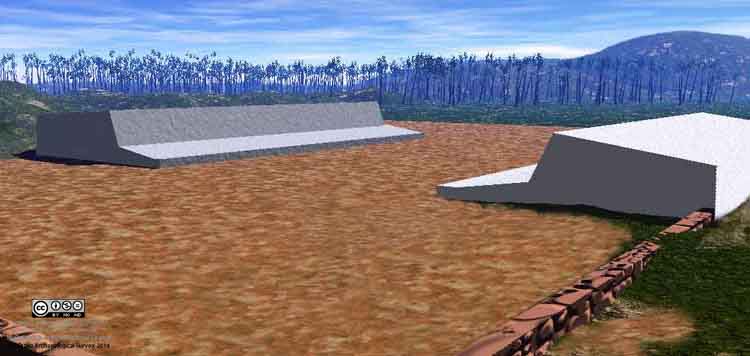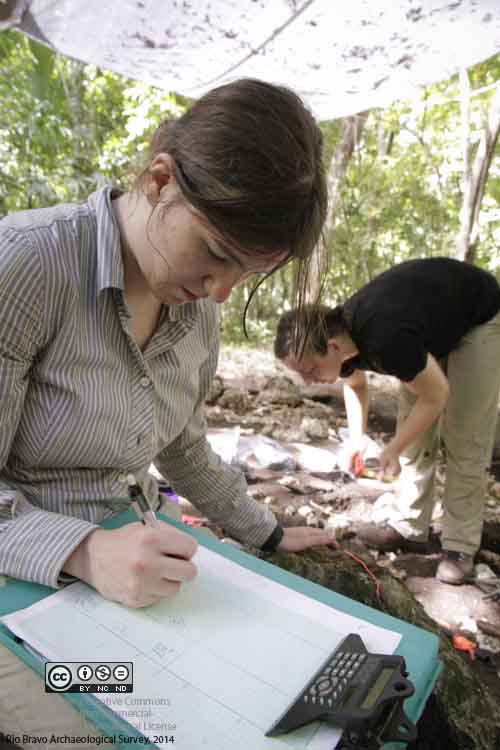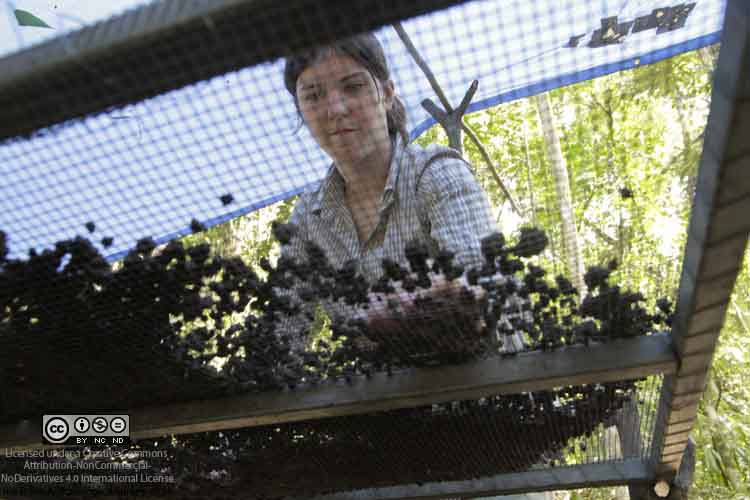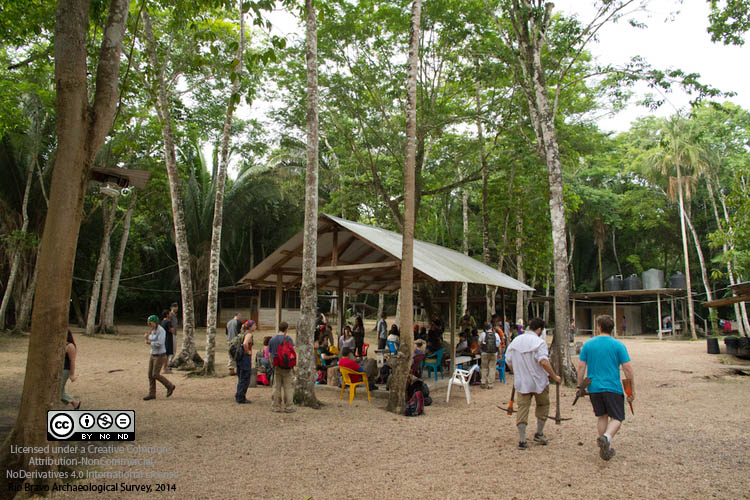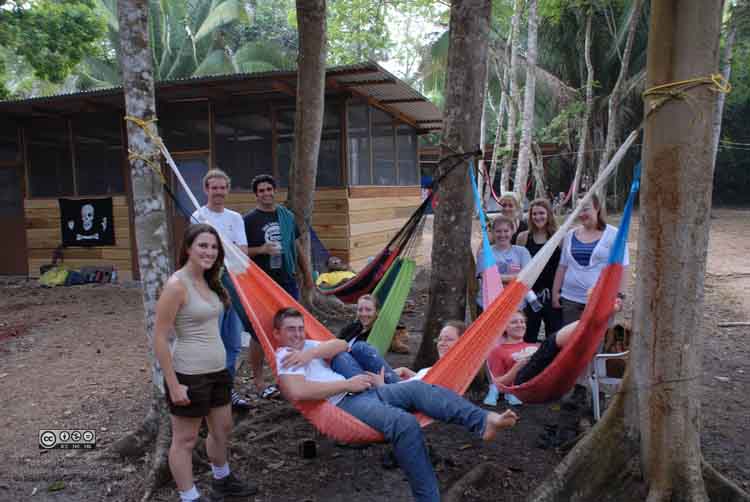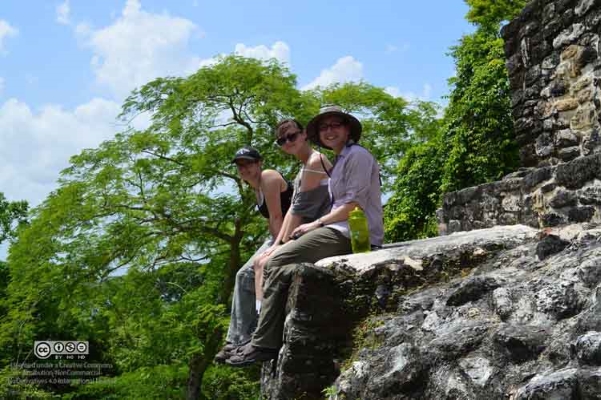Session Information
The Rio Bravo Archaeological Survey (RBAS) is a field school that trains students in archaeological methods, such as survey and excavation, within the context of a long-term, cutting-edge academic project focused on deciphering the character and significance of ancient Maya commoner households. RBAS is providing valuable insights into the day-to-day workings of Prehispanic Maya culture and has been attracting motivated students and volunteers for over a decade. With its current focus on ancient Maya commoner settlement, ceremonialism, water management and an emphasis on geo-archaeological research (soils and ancient botanical remains), the project’s excavations and mapping efforts are now reaching their most interesting and dynamic phase. Among other things, the 2025 season will be investigating an extremely unusual ritual ballcourt, built by and for Maya commoners, as well as completing an excavation of a small house stairway where a conch shell cache was found in 2013 and a cyst burial in 2016.
**All students enrolled receive the 200 page Field Manual of the Rio Bravo Archaeological Survey, an annually-updated reference on the field excavation and survey methods used by RBAS.**
Approximate Dates for 2025:
(Pre-Season: May 18- June 14, 2025)
Field school: June 15th to July 12th, 2025
Students who complete a full four-week season are considered Veterans (Junior Staff) and are welcome to stay for the post-season.
Students may wish to travel post-season to Guatemala (the site of Tikal) and/or the Belize Cayes-- typically people spend two days at each. For 2025, post-season travel is not included in the schedule or estimated costs. Students wishing to participate in post-season travel need to notify us well beforehand. For liability issues, we cannot allow you to change plans while in-country.
Location: Programme for Belize Conservation and Management Area, Belize, Central America (see Location page)
Costs: The total price for 4-weeks of food and housing is $2300 per student (the amount collected by RBAS). This figure covers food and housing during the field school, transportation to/from the airport (3 hrs each way), field equipment, and daily transportation within the research area. This figure does not include: airfare, inoculations, travel medical insurance, academic credit (if desired), post-season travel, or other personal expenses (e.g., camp “bar” tabs, snacks in town, etc.). See the Approximate Fees section of the 2019 Information Sheet for an estimation of these expenses (n.b. the 2025 Info Sheet will be posted once completed in early 2025).
Students staying beyond four weeks receive slightly pro-rated costs (e.g., $3300 for six-weeks). Please contact the Project Director for more information.
Students at the Community College of Philadelphia (CCP) may inquire about financial aid using the form on the Contact Page. Students from other universities are encouraged to inquire about in-house funding opportunities at their respective institutions. Those who take the course for academic credit are sometimes able to apply federal financial aid to cover their costs as well.
Academic Credit: Taking the field school for academic credit is not required. Credit students and non-credit volunteers receive the same instruction and have the same general field experiences. However, for those students interested, the course is listed for up to 9 credits through the University of Texas at Austin (there is no credit option from the Community College of Philadelphia for 2025). Costs differ for both the amount of credits taken and in-state and out-of-state tuition, so please contact the Project Director if you are interested in participating in the field school for academic credit.
Accommodations: RBAS shares space at the R.E.W. Adams Research Facility in the Programme for Belize Archaeological Project, administered by the University of Texas at Austin. The facility is situated within a protected rainforest, so facilities are relatively rustic. A large wooden dormitory houses most students, but covered tent stations are also used. Be aware that dormitory spaces are 4-person rooms with bunk-beds. Those not in the dormitory will be given a large tent and one tent-mate. Assignment decisions are made upon arrival at camp and are based on the needs of the field station weighted with the preferences of the student. There are several other projects at the camp, so participants are grouped by their project first, but given the limited space, we ask everyone to be flexible with their placement.
Who is Eligible to Apply? Anyone interested in the ancient Maya and archaeological field methods! Students and volunteers of varied ages from across the US have taken part in the field school. The minimum age for applicants is 18. No experience or prerequisite classes are required.
For more detailed information, please download the 2019 Information Sheet (2025 version forthcoming).
Highlights
• Discovery and investigation of the forest-covered remains of an ancient Maya community, including a ritual ballcourt
• Mapping and excavating previously unseen, 1200-year-old Maya houses, terraces, reservoirs and other features.
• Carrying out archaeological reconnaissance in unexplored sections of a subtropical forest.
• Taking part in field investigations with students and volunteers from all over the United States.
• Earning optional 3-6 academic credits from UT-Austin or the Community College of Philadelphia.
• Living in a modern archaeological research camp with students and staff from several universities and research projects.
• Visiting restored and forest-covered temples, palaces, ballcourts and other ancient Maya structures at archaeological sites throughout northern Belize.
